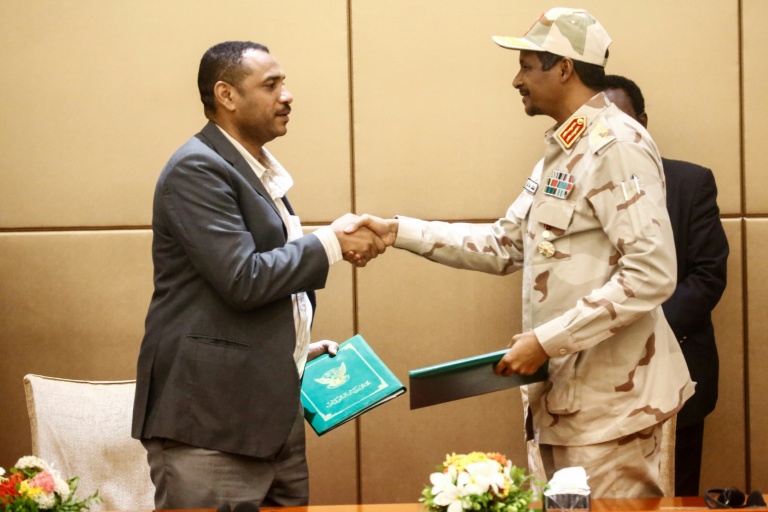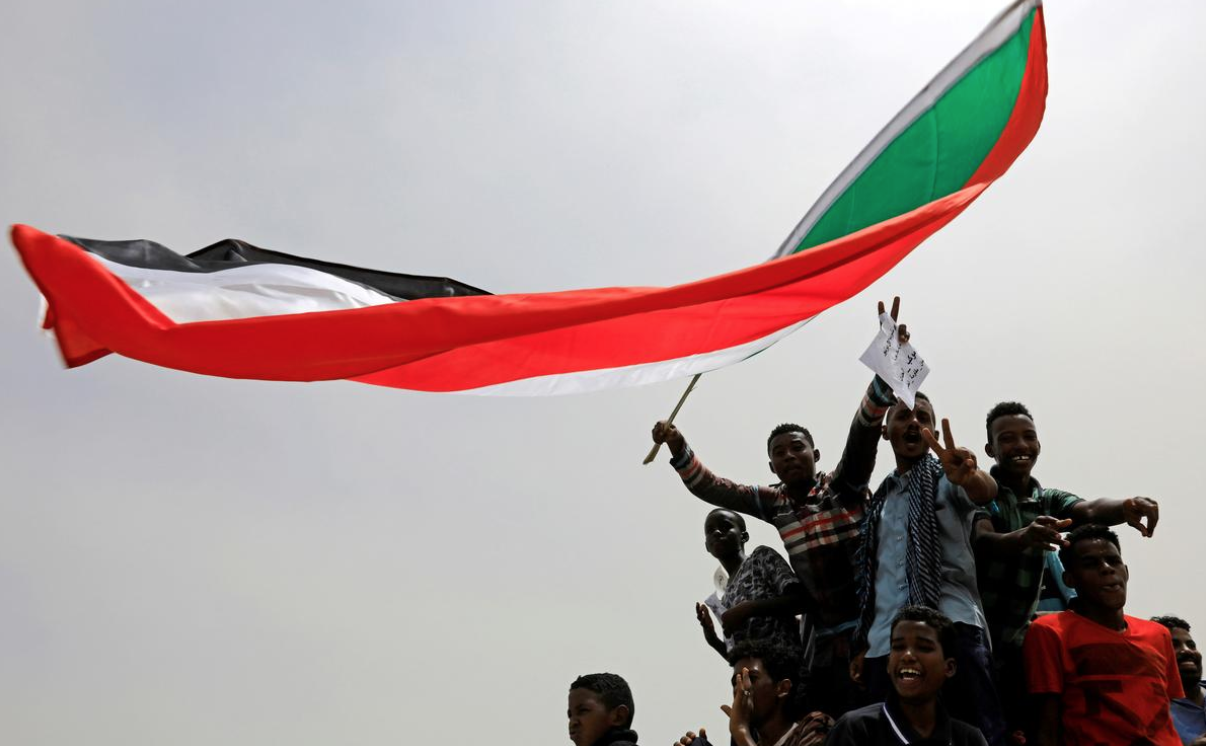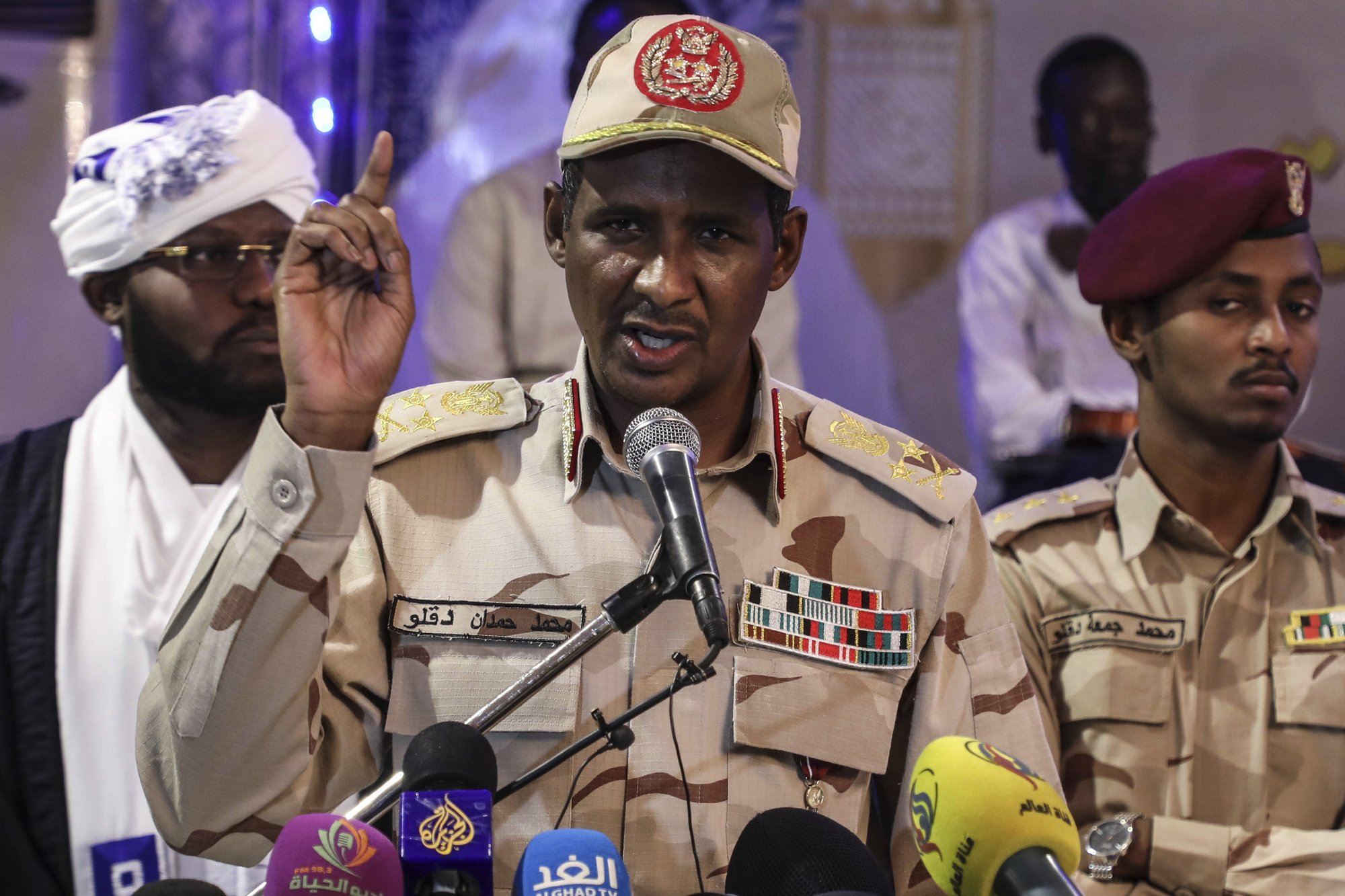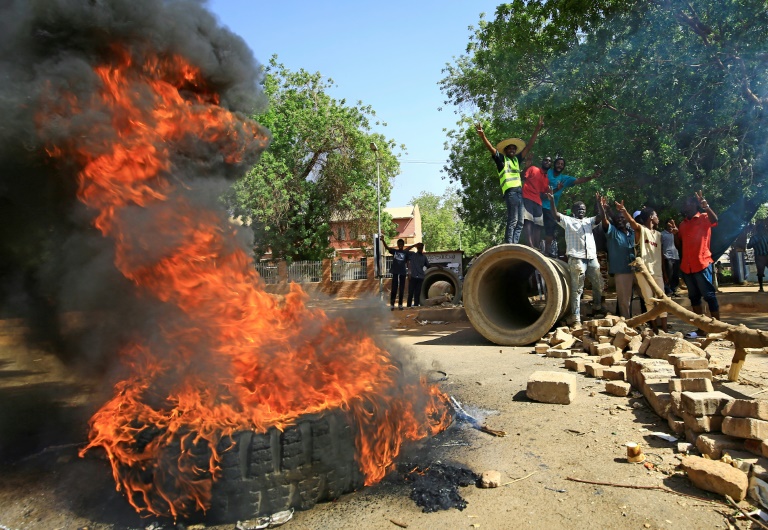Former US President Jimmy Carter, following a meeting with Egypt's military rulers, expressed doubt they would completely submit to a civilian government, the New York Times reported on Wednesday.
Carter, 87, was in Cairo with a group from his human rights organization, the Carter Center, to help monitor the end of the final round of the first parliamentary elections since President Hosni Mubarak was ousted from power last February, the Times said.
"'Full civilian control' is a little excessive, I think," Carter was quoted as telling the Times after describing his meeting with Field Marshal Mohamed Hussein Tantawi, leader of the ruling Supreme Council of the Armed Forces (SCAF).
"I don't think the SCAF is going to turn over full responsibility to the civilian government. There are going to be some privileges of the military that would probably be protected," Carter added, according to the Times.
While Carter said the elections had appeared to be free and fair thus far, a more pressing matter was how much power Egypt's military leaders would cede to the newly elected parliament, or the constitutional assembly it is expected to pick.
The former US president was quoted by the Times as saying he pressed Tantawi during their meeting on how to resolve potential disputes between the military council and the elected civilian authorities over the military's future powers and privileges. Carter said that was "the basic question that has not yet been resolved."
Carter said that during his conversation with the military rulers they insisted there would be "harmonious agreement" between the military and elected civilians.
"When I say, 'Suppose there is a strong difference of opinion, how will it be resolved?' that always kind of creates a quandary," Carter said, according to the Times.
The newspaper said Carter called himself optimistic the outcome of negotiations would represent a critical stride toward civilian democracy. "I think it is probably going to be inevitable, and I don't think it is going to be detrimental for the military to retain some special status," Carter said, according to the Times.
Carter's views on Egypt carry extra weight due to his role in the 1978 Camp David accords cementing peace between Egypt and Israel.
Egyptian political parties and religious figures agreed on Wednesday to protect civic freedoms in a new constitution, but steered clear of more contentious questions about the future of the nation in the post-Mubarak era.
The meeting was attended by army-picked Prime Minister Kamal al-Ganzouri and was called partly as a show of unity before 25 January, the anniversary of the revolt that toppled Mubarak.




